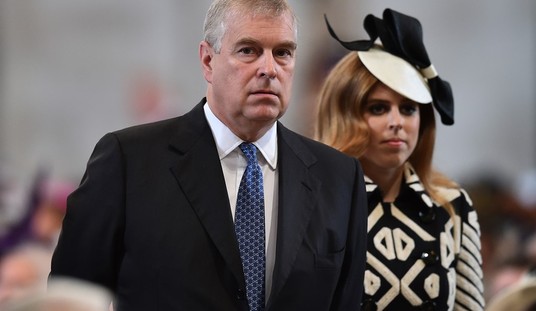Several interesting wrinkles emerged during last night’s primary results that could provide hints about the midterm results on Nov. 6.
In Minnesota’s GOP primary for governor, a former county commissioner named Jeff Johnson stalled two-term Gov. Tim Pawlenty’s comeback bid to return to the state house. Johnson struggled for money and attention, but hammered at frontrunner Pawlenty’s record as established governor, one of several upsets this week.
In Minnesota’s Fifth Congressional District in Minneapolis, state Rep. Ilhan Omar took 48 percent of the vote in a six-way race to win the Democratic-Farm-Labor Party nomination to replace Rep. Keith Ellison, co-chair of the Democratic National Committee.
Like Ellison, Omar is a Muslim and virtually assured of becoming the first Somali-American in Congress.
Ellison, a 54-year-old six-term congressman, did not seek reelection, choosing instead to go after the party’s nomination to be Minnesota’s attorney general.
He won that nomination easily in a five-way race, despite allegations last weekend that he abused a former girlfriend. He again denied those accusations during his victory speech.
Omar would be yet another staunch progressive voice joining the House Democratic caucus lead by former Speaker Nancy Pelosi, who is 78, or some yet-to-emerge younger challenger. Omar gained numerous liberal endorsements, including Gov. Mark Dayton, MoveOn.org and Women Winning.
In Connecticut’s safe Democrat Fifth District, school teacher Jahana Hayes upset the party establishment’s choice to win the nomination and most likely election to Congress.
She’s another staunch progressive, chosen by Democrat voters over party-endorsed regular Mary Glassman. We wrote here last night about Democrats’ mounting movement to the left.
Hayes had the endorsements of unions for the safe Democrat district that Hillary Clinton easily won in 2016. Hayes would become her party’s first African-American member in Congress.
In Wisconsin, state Sen. Leah Vukmir easily defeated businessman and ex-Marine Kevin Nicholson for the GOP nomination to take on incumbent Democrat Sen. Tammy Baldwin, who had no primary opponent.
That Senate race has become the most expensive so far this cycle with $18 million in outside spending, not counting millions also invested in attacking Baldwin.
Vukmir had the backing of the Wisconsin party, Gov. Scott Walker and the state’s GOP congressional delegation, including House Speaker Paul Ryan. In his reelection bid Walker will face state schools superintendent Tony Evers.
As a lone Democrat in a state President Trump narrowly carried two years ago, Baldwin is considered vulnerable for her more liberal positions, including signing on to Bernie Sanders Medicare for All bill.
Much of the GOP’s chances for picking up the Wisconsin Senate seat will depend on Vukmir’s fundraising skills and money from outside groups such as the Club for Growth. It backed her primary opponent Nicholson.
When the pre-primary reporting period ended in late July, Baldwin had $6.7 million cash in hand. Vukmir had $430,000.








Join the conversation as a VIP Member